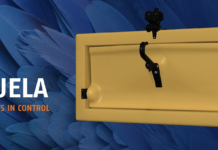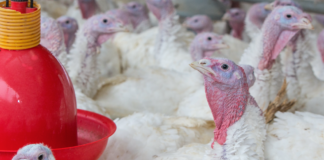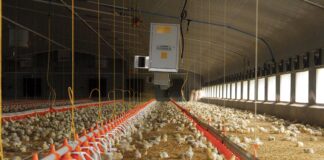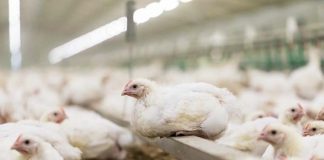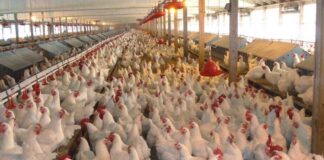
Here a comparison of two ELISA kits as been made to assess their efficicacy.
Recombinant turkey herpesvirus vaccines (rHVT) are being widely used for the prevention and control of Newcastle disease (ND) in endemic countries and also to replace the use of conventional live ND vaccines in countries where velogenic ND viruses (NDV) are absent.
Since rHVT-ND vaccines express only the F gene of NDV, they induce exclusively an anti-F NDV antibody response. Therefore, the majority of ELISA kits used for monitoring ND antibody status of flocks show low antibody level and low sero-positivity in rHVT-ND vaccinated flocks compared to the ones seen in birds vaccinated with conventional live and killed ND vaccines. This is most obvious in young age (4-6 weeks of age).
In recent years new ELISA kits, claiming better detection of the immune response to rHVT-ND vaccines, have been developed and introduced to the market. The aim of our study was to compare the performance of two of these commercial ELISA kits, with serum samples collected from controlled laboratory trials. SPF layers or commercial broilers were vaccinated either in ovo or subcutaneously at hatch. Immune response to vaccination was monitored during the period between 2 to 6 weeks of age.
Performance of the two methods was comparable based on onset of detectable immune response to vaccination and rate of sero-positivity. Based on the results obtained in laboratory studies both ELISA kits proved to be equally suitable to detect the immune response elicited by rHVT-ND vaccines with NDV F insert from a reasonably young age.
From The 2019 International Poultry Scientific Forum.



